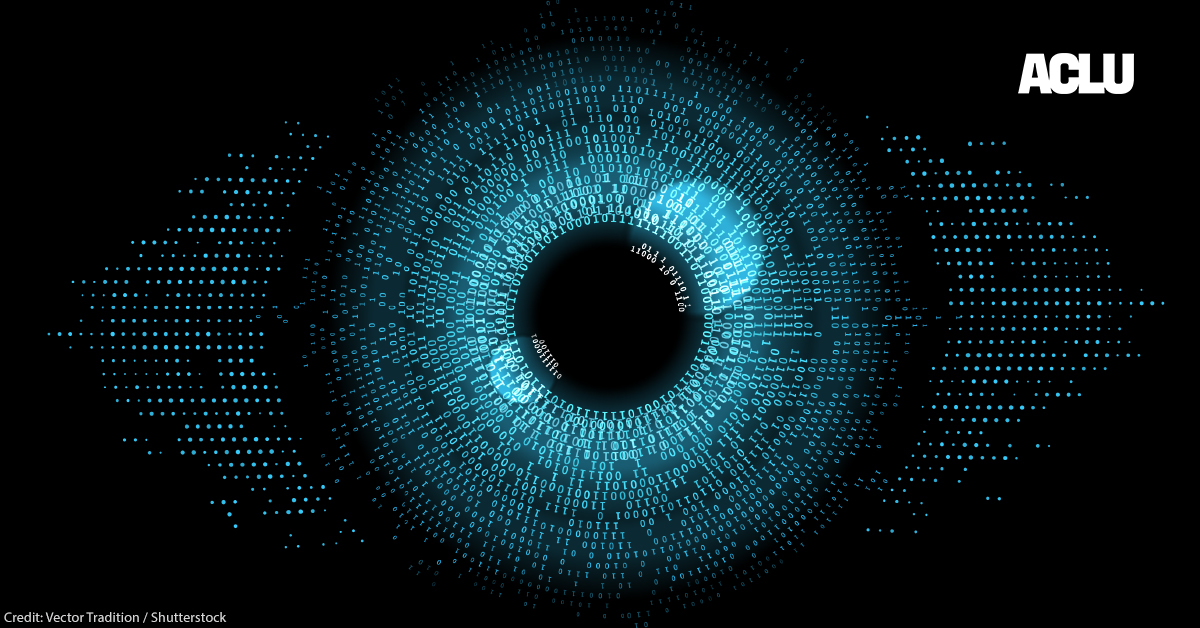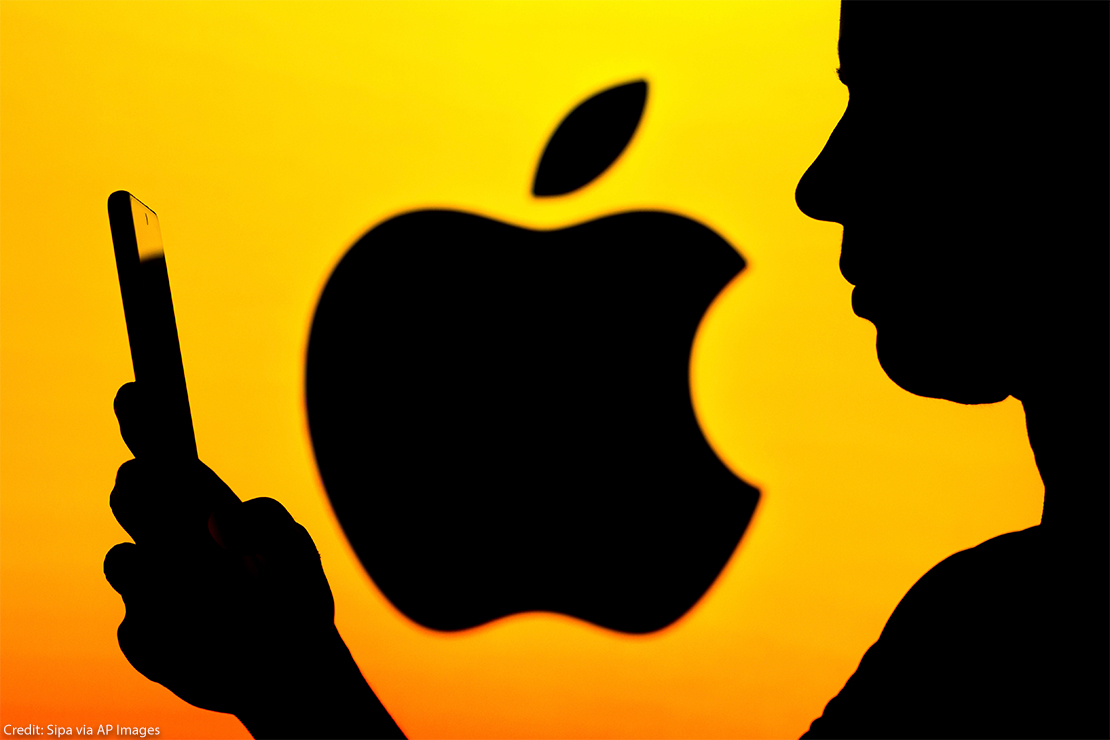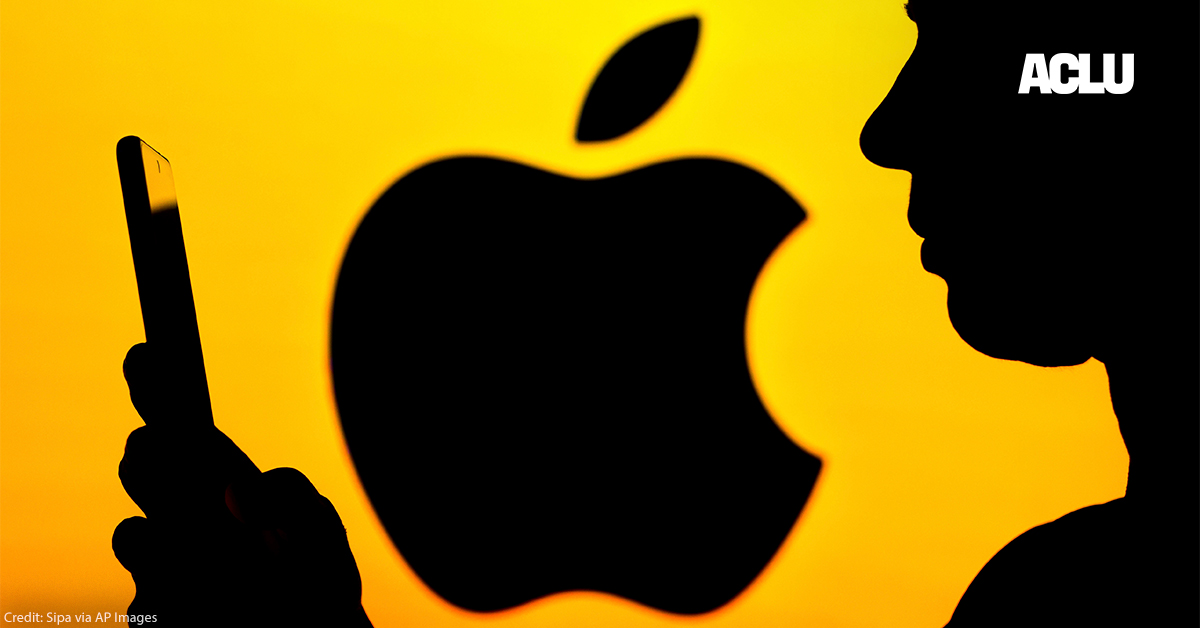As the nation steels itself ahead of what is sure to be a contentious 2024 election year, here in Pennsylvania all eyes are on Nov. 7, 2023. In just a few weeks, Pennsylvania voters will choose the next state Supreme Court justice in an election that could decide which rights and freedoms Pennsylvanians enjoy in coming years.
Pennsylvania is one of a handful of states that elect judges and state Supreme Court justices. Justices serve a 10-year term before they go on the ballot again and voters decide whether or not to retain the justice for another term. The vast majority of Pennsylvania Supreme Court justices are retained by voters.
Late last year, the chief justice of the state Supreme Court passed away unexpectedly, setting up the 2023 contest to fill his seat. While the current balance of power on the court favors abortion and voting rights by a 4-2 advantage, there have been troubling signs of an impasse on the court that could threaten our civil liberties in the commonwealth. Since the death of the chief justice, a number of cases have deadlocked 3-3, including two cases about Pennsylvanians’ right to vote by mail.
With abortion access, voting rights, and so much more on the ballot in the state Supreme Court race this year, we know what’s at stake.
We also expect the court to hear arguments about the right to access abortion care in Pennsylvania. Last fall, the court heard arguments in a case about insurance coverage for all pregnancy-related health care, including abortion, and this likely won’t be the last time the court is called upon to rule on Pennsylvanians’ abortion rights. Without federal protections for abortion access, politicians have the power to determine whether we can access the essential abortion care we need. It’s more important than ever that we elect leaders who reflect the values of Pennsylvanians and will stand up for our fundamental rights.
In Pennsylvania’s Supreme Court election, the choices couldn’t be clearer. One candidate, Daniel McCaffery, is endorsed by the Pennsylvania chapters of Planned Parenthood and the National Organization for Women. The other candidate, Carolyn Carluccio, is endorsed by anti-abortion groups that want to criminalize abortion in all cases.
So, we’re working to educate voters on the candidates for state Supreme Court, to turn out the vote across the commonwealth and make sure that every Pennsylvanian knows their rights and can safely and securely cast their ballot, whether by mail or at their polling place on November 7.
We also know how much more could be at stake next year: democracy itself.
Together with ACLU National, we have taken a multifaceted approach to inform voters, which includes: mailing educational literature to voters, running radio spots that include Spanish-language ads, and creating two video ads, one highlighting the importance of the state Supreme Court, the other contrasting the candidates’ stance on abortion rights.
We are also building out our grassroots organizing to maximize our reach by organizing phone banks and text banks, as well as working with community partners and advocates to spread the word.
Even as we pull out all the stops to make sure that every Pennsylvania voter makes an informed decision about our next state Supreme Court justice, the work doesn’t end this Election Day. This moment also allows for the preparation for what could be the most consequential election of our lifetimes in 2024.
After the dust settles around the state Supreme Court election, we will build on this year’s results and continue to use the full force of our organization to protect critical civil liberties, including abortion and voting rights. As part of a battleground state cohort organized by the National ACLU, we will be in close contact with other battleground states to share best practices, strategies, and tactics.
With abortion access, voting rights, and so much more on the ballot in the state Supreme Court race this year, we know what’s at stake. We also know how much more could be at stake next year: democracy itself. So even as we look toward November 7 as a crucial moment for Pennsylvania, we are just getting started in the fight to defend democracy next year, and beyond. We’ll see you there.
Paid for by the American Civil Liberties Union of Pennsylvania, Inc. and American Civil Liberties Union, Inc.
Date
Wednesday, October 25, 2023 - 2:15pmFeatured image






